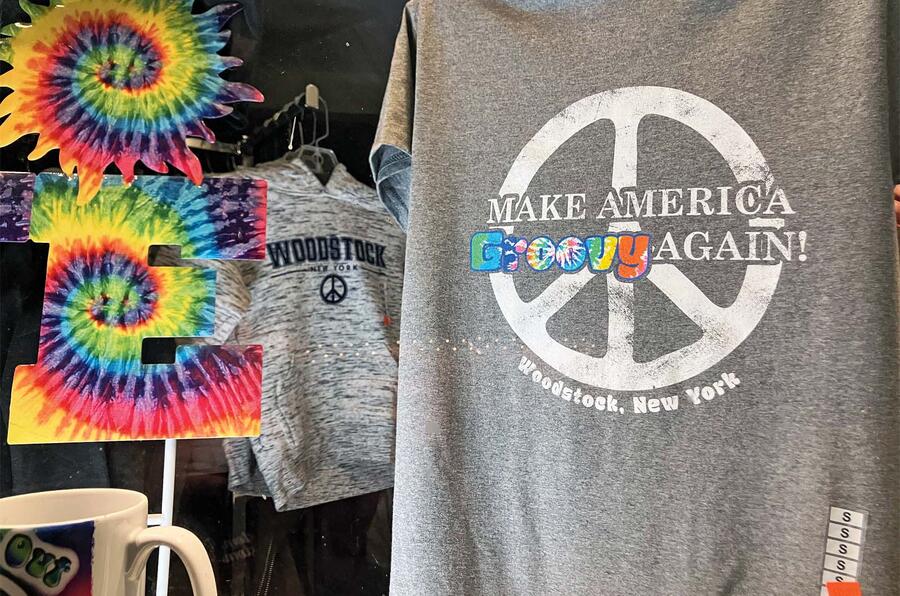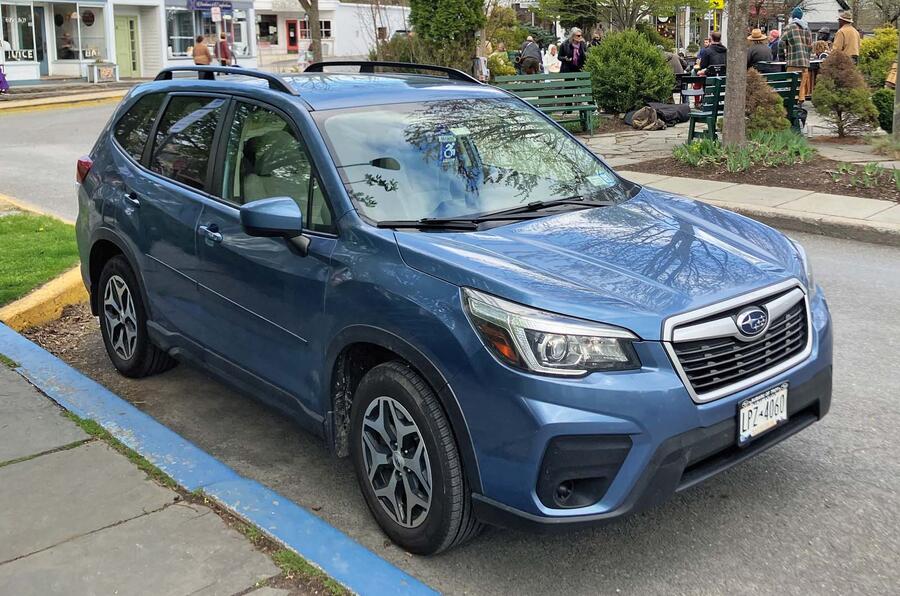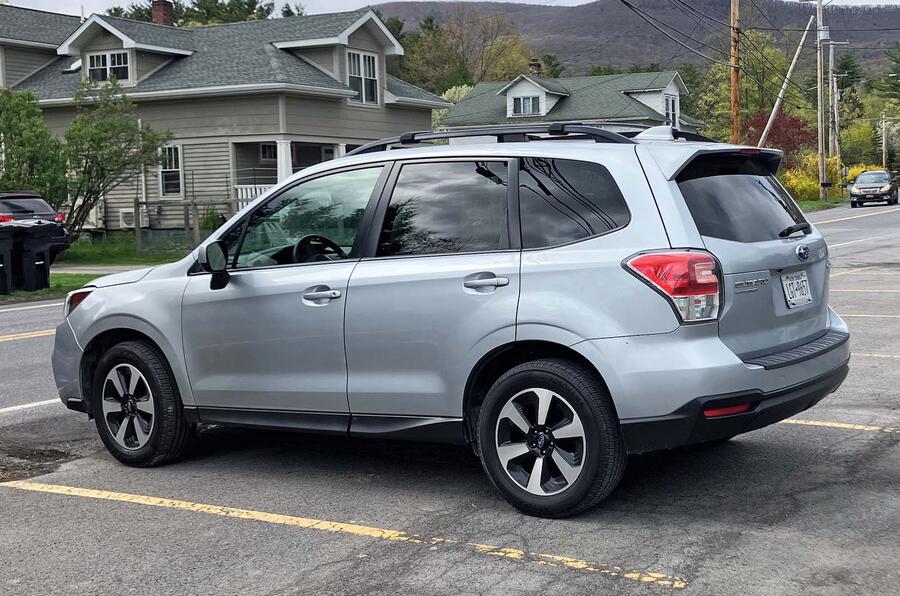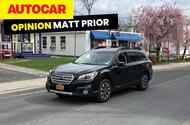The New York town that hosted the legendary music festival loves a 4WD wagon – all thanks to clever marketing
"It’s a tie-dye sort of place," says the woman behind the counter of a petrol station cafe in upstate New York when I ask her what Woodstock is like, because it’s nearby and my road trip has no definitive destination.
I’d thought it was just a quaint town near the Catskill Mountains, but when she explains, I realise it’s that Woodstock – the one from the famous 1960s rock festival that promised ‘three days of peace and music’ and whose cultural impact shook the world.
But despite the fact that the festival actually took place 60 miles from Woodstock and was 56 years ago, the town clearly retains its ‘peace and love’ vibe.
My server wasn’t wrong. It’s normal to see Trump flags and signs in rural New York, because it’s the big city that’s the state’s most liberal part and Americans are more vocally political than the British; an occasional ‘Liberal Democrats Winning Here’ sticker is about as boisterous as we get. But you won’t find many Republican signs near Woodstock.
“Presidents come and go, but Wu-Tang is forever,†reads one alternative. “Make America groovy again,†adds a CND-symbolled T-shirt in a shop window.

Aside from the city, Woodstock is in one of New York’s most liberal areas: it voted 58% Democrat in the 2024 presidential election.
And it is to America what Glastonbury is to England: almost a parody of peace and love. On this Sunday afternoon there is, honestly, a drum circle on the village green, which is bordered by a vegan cafe and a herbal remedy shop.
Then I notice something else: the Subarus. Lots and lots of Subarus. More in one place than anywhere I’ve ever been, by miles. In one car park (I realise this isn’t a scientifically rigorous survey), almost 20% of the cars are Subarus.
It turns out that this isn’t entirely coincidental. This is a fact more widely known in the US than it is in the UK: in the 1990s, Subaru of America surveyed who was buying its cars, and while it had expected the vets, outdoorsy types and teachers it identified as customers, there was also a group that it hadn’t foreseen: lesbians.
When it and its marketing agencies looked into this, the fit made sense: these were women with decent incomes who were less likely to have children and who had outdoorsy hobbies, so Subarus were what they were buying.
Subaru figured that, while there might be pushback in conservative areas, it should start running gay-targeted adverts, combining selling the virtues of the car as a country wagon with a knowing wink for its target audience.

“Get out, and stay out,†ran one advert. “It’s not a choice, it’s the way we’re built,†said another, sort of selling the 4x4 powertrain. “At least we’ve got our *priorities* straight,†read a 2004 Forester advert ostensibly about safety.
While Subaru UK was selling Impreza Turbos to young men who couldn’t get a girlfriend, Subaru of America was selling Outbacks to women who could.
It had thought its campaign might be divisive, and it wasn’t wrong. Lots of consumers, target audience or not, enjoyed the ads, but it also received letters of complaint from conservatives threatening to boycott the brand – although, its research suggested, not from anyone who had previously bought a Subaru anyway.
And those turn-of-the-century adverts gave the brand a reputation in the US that it retains now. If you’re liberal, you’re more likely to buy a Subaru; if you’re conservative, you’re more likely to take against it.
Opinion polling firm YouGov’s bipartisan brand rankings for 2024 found that “28% of liberal Americans [and 33% of gay women] would consider purchasing a Subaru but just 16% of American conservatives feel the sameâ€. Subaru leads all car makers with this 12-point difference, ahead of Honda (10 points) and Volkswagen (eight).

For conservatives’ most favoured brands – Ford, Chevrolet and GMC – the difference the other way was smaller: 29% of conservatives would consider a Ford but so still would 23% of liberals.
There are practical reasons to own a Subaru in the north-eastern US, of course: they have proper four-wheel drive and it snows in winter.
But that isn’t the only explanation for the fact that, while most small American towns reverberate to the sound of Detroit V8s, the bongos of Woodstock are accompanied by the gentle hum of a Subaru’s sensible all-season tyres.




